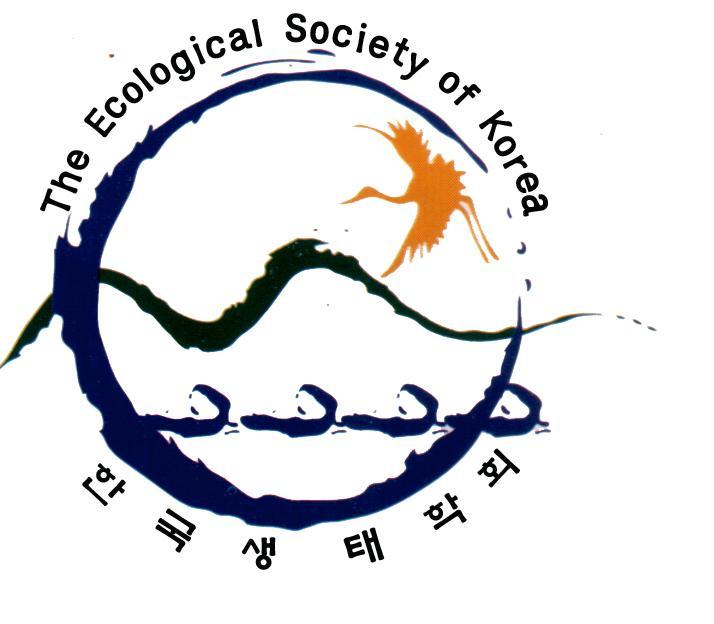- ENGLISH
- P-ISSN2287-8327
- E-ISSN2288-1220
- SCOPUS, KCI
 ISSN : 2287-8327
ISSN : 2287-8327
Honey bees and their brood: a potentially valuable resource of food, worthy of greater appreciation and scientific attention
빅터베노
정철의 (안동대학교)
Abstract
Despite the consumption of bee brood in several parts of the world, particularly in the tropical areas, the practice has received comparatively little attention. We have reviewed all the available information on the nutrient composition and functional properties of different developmental stages of honey bee workers belonging to different species and subspecies. Noticing the competent nutrient composition of, in particular, honey bee brood, pupae, and prepupae, we suggest that they could be a potential source of human nutrition as well as animal feed. Moreover, drone brood is an ideal candidate for use as a food or as food ingredient. However, to analyze the functional properties of different honey bee species remains a task for further analysis.
- keywords
- Entomophagy, Protein, Amino acid, Minerals, Functional properties, Apiary, Bee products
- 다운로드 수
- 조회수
- 0KCI 피인용수
- 0WOS 피인용수

